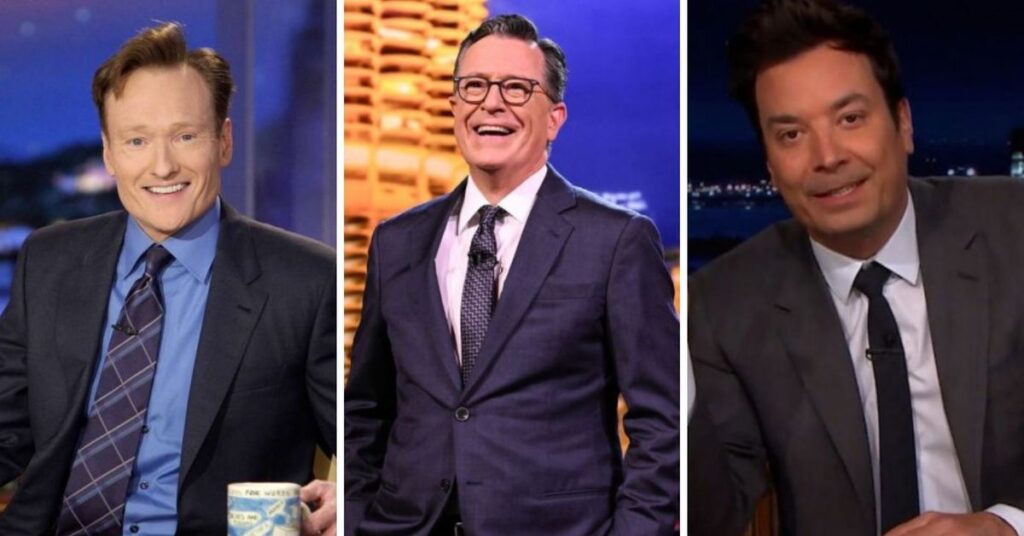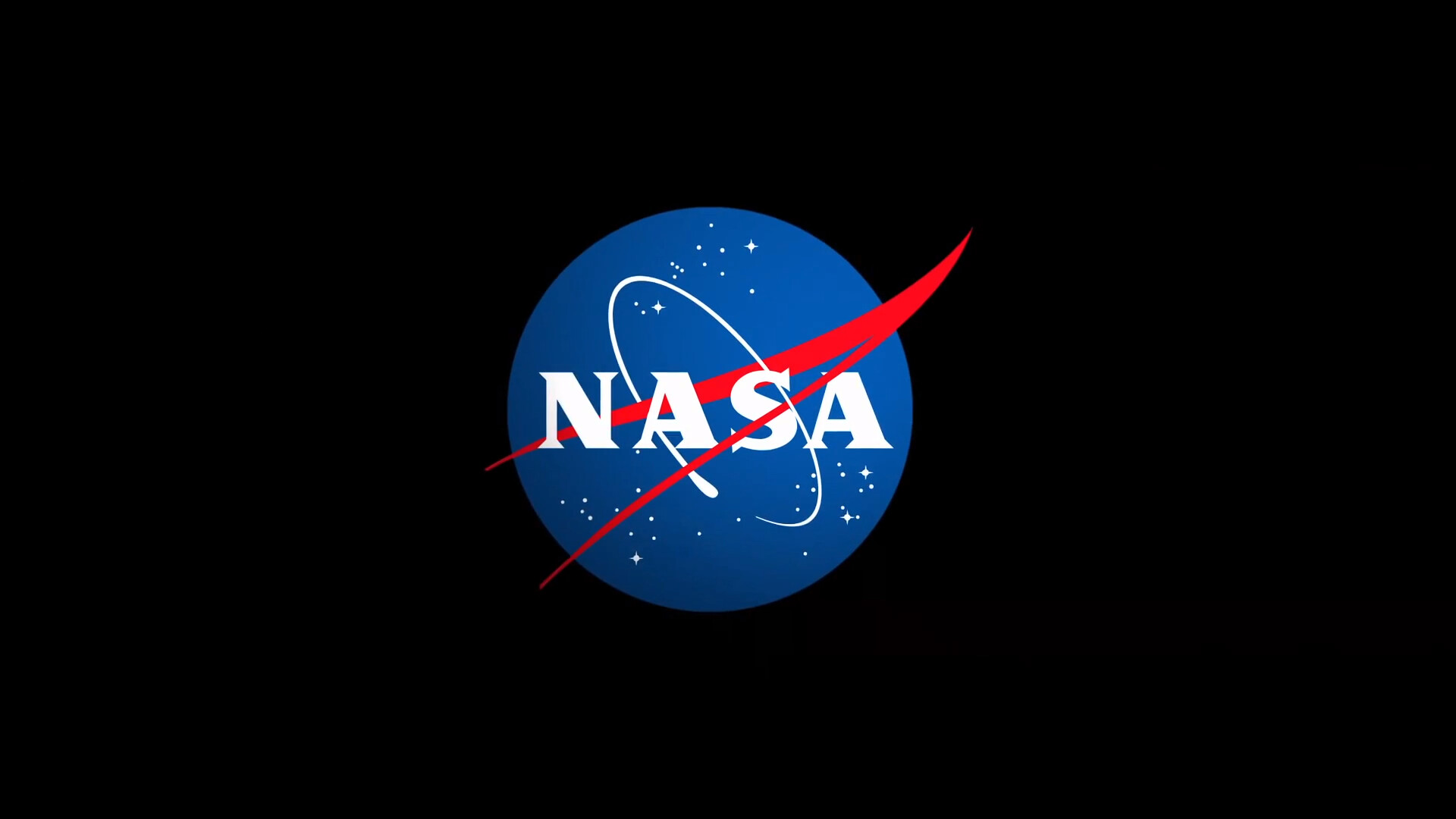
Late-night talk show Jimmy Kimmel Live! has been pulled from the airwaves following controversial comments made by its host, Jimmy Kimmel. The decision, announced by Disney’s ABC network, comes in the wake of remarks linking the alleged assassin of conservative activist Charlie Kirk to former President Donald Trump’s MAGA movement. This move has sparked a national conversation about the boundaries of political commentary on television.
The announcement comes as the latest in a series of controversies that have rocked the late-night television landscape. Kimmel’s situation is reminiscent of past instances where hosts faced backlash, leading to significant changes in their careers. Let’s explore some of the most notable controversies that have shaped late-night TV.
Stephen Colbert’s Political Commentary
In July, CBS revealed its decision to end The Late Show with Stephen Colbert in May 2026. While CBS president George Cheeks cited financial reasons, many speculated that Colbert’s outspoken criticism of Donald Trump played a role. Colbert’s fiery response to the show’s cancellation included a direct message to Trump, telling him to “go f–k yourself” after Trump celebrated the news on Truth Social.
Colbert’s tenure on the show has been marked by his willingness to tackle political issues head-on. Just days before the cancellation announcement, Colbert criticized a US$16 million settlement by CBS’s parent company, Paramount, to Trump, calling it a “big fat bribe.” This settlement was linked to Paramount’s need for FCC approval of its $8 billion sale to Skydance Media.
Bill Maher’s Controversial Comments
Politically Incorrect, hosted by Bill Maher, faced its demise after Maher’s remarks following the September 2001 terrorist attacks. Maher’s criticism of U.S. foreign policy led to a backlash, with advertisers pulling support, ultimately resulting in the show’s cancellation in June 2002. Maher has continued to court controversy, notably criticizing Will Smith and Jada Pinkett Smith after the infamous Oscars slap, describing the incident as “cancel culture encapsulated.”
Jon Stewart and Social Commentary
Jon Stewart, known for his incisive social commentary on The Daily Show, made headlines in 2015 when he deviated from his usual comedic opening to address the tragic Charleston church shooting. Stewart condemned racial injustices in the U.S., highlighting the symbolism of Confederate flags. His willingness to address sensitive topics solidified his reputation as a commentator unafraid to tackle complex issues.
The Conan O’Brien and Jay Leno Saga
The transition of The Tonight Show from Jay Leno to Conan O’Brien in 2009 was fraught with controversy. O’Brien’s tenure was short-lived, as NBC’s decision to move Leno back to his original timeslot led to O’Brien’s departure. O’Brien’s statement at the time expressed concern that the move would damage the show’s legacy. He eventually left with a $67 million payout, which he shared with his staff, while Leno returned to host until 2014.
Seth Meyers and Trump’s Criticism
Seth Meyers, host of Late Night with Seth Meyers, has also found himself in Donald Trump’s crosshairs. Trump’s disdain for Meyers dates back to a 2011 White House Correspondents’ Dinner roast. Meyers has continued to critique Trump on his show, leading to Trump’s recent threats against NBC’s broadcast license, accusing the network of airing “political hits” against him and the Republican Party.
Jimmy Fallon’s Apologies
Jimmy Fallon, host of The Tonight Show Starring Jimmy Fallon, has faced his own controversies. In 2020, Fallon apologized for a resurfaced video of him in blackface during a Saturday Night Live skit. He issued another apology in 2023 after a Rolling Stone article detailed allegations of a toxic workplace culture on his show. Despite these challenges, Fallon remains a prominent figure in late-night television.
Implications and Future of Late-Night TV
The recent cancellation of Jimmy Kimmel Live! underscores the ongoing tensions between political commentary and entertainment. As late-night hosts continue to navigate the fine line between humor and political discourse, the industry faces questions about its role in shaping public opinion.
As networks and hosts adapt to changing viewer expectations and political climates, the future of late-night television remains uncertain. The controversies surrounding these hosts highlight the delicate balance between free speech and the potential consequences of controversial remarks.
As the landscape evolves, audiences and industry insiders alike will be watching closely to see how late-night television continues to transform in response to these challenges.







